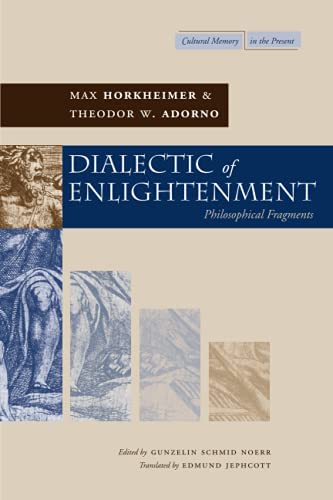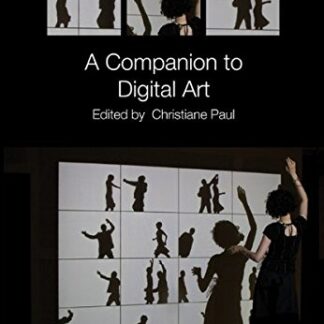Yet the work goes far beyond a mere critique of contemporary events. Historically remote developments, indeed, the birth of Western history and of subjectivity itself out of the struggle against natural forces, as represented in myths, are connected in a wide arch to the most threatening experiences of the present.
The book consists in five chapters, at first glance unconnected, together with a number of shorter notes. The various analyses concern such phenomena as the detachment of science from practical life, formalized morality, the manipulative nature of entertainment culture, and a paranoid behavioral structure, expressed in aggressive anti-Semitism, that marks the limits of enlightenment. The authors perceive a common element in these phenomena, the tendency toward self-destruction of the guiding criteria inherent in enlightenment thought from the beginning. Using historical analyses to elucidate the present, they show, against the background of a prehistory of subjectivity, why the National Socialist terror was not an aberration of modern history but was rooted deeply in the fundamental characteristics of Western civilization.
Adorno and Horkheimer see the self-destruction of Western reason as grounded in a historical and fateful dialectic between the domination of external nature and society. They trace enlightenment, which split these spheres apart, back to its mythical roots. Enlightenment and myth, therefore, are not irreconcilable opposites, but dialectically mediated qualities of both real and intellectual life. “Myth is already enlightenment, and enlightenment reverts to mythology.” This paradox is the fundamental thesis of the book.
This new translation, based on the text in the complete edition of the works of Max Horkheimer, contains textual variants, commentary upon them, and an editorial discussion of the position of this work in the development of Critical Theory.
Table of Contents:
Preface to the New Edition (1969) xi
Preface to the Italian Edition (1962/1966) xiii
Preface (1944 and 1947) xiv
The Concept of Enlightenment 1
Excursus I: Odysseus or Myth and Enlightenment 35
Excursus II: Juliette or Enlightenment and Morality 63
The Culture Industry: Enlightenment as Mass Deception 94
Elements of Anti-Semitism: Limits of Enlightenment 137
Notes and Sketches 173
Editor’s Afterword 217
The Disappearance of Class History in “Dialectic of
Enlightenment”: A Commentary on the Textual Variants
(1944 and 1947), by Willem van Reijen and Jan Bransen 248
Notes 253









